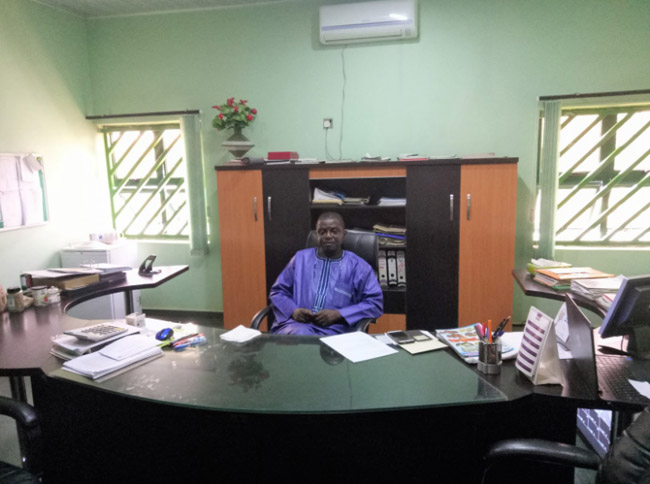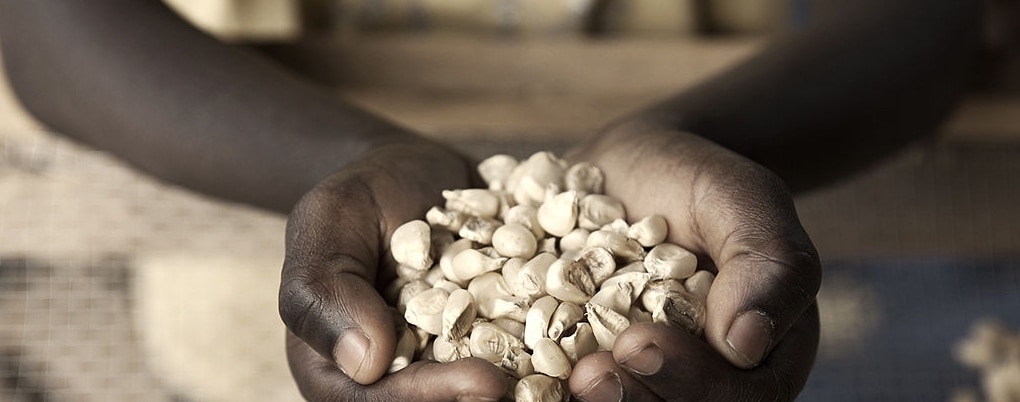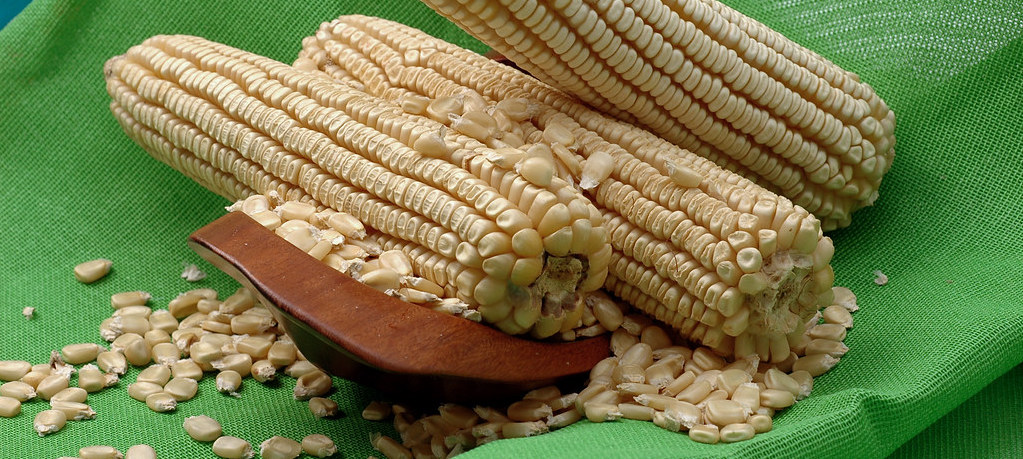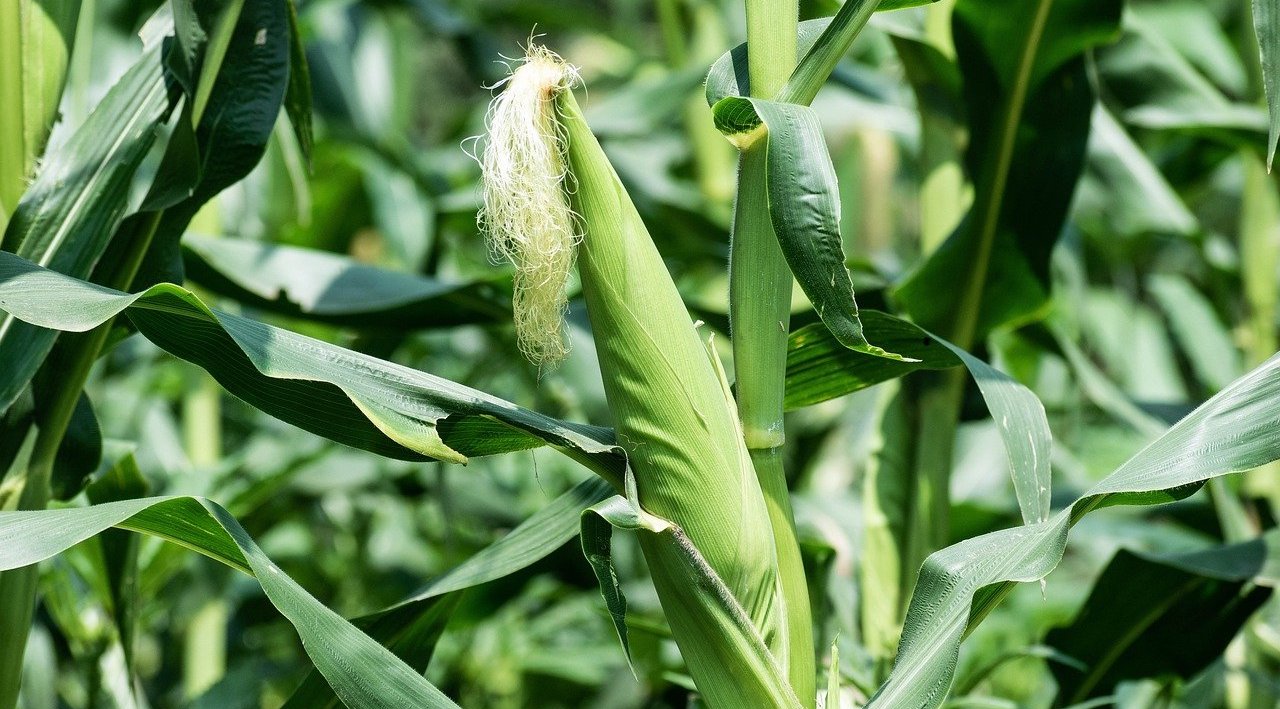Formerly known as Alheri Seeds, Da-Allgreen Seeds Ltd. (DAGS) was forced to start over in 2005 after the seed company lost some financiers and members of its board of trustees.
Initially, the company was focused on producing cereals and could barely produce up to 500 tons. As time went on, it became clearer that in absence of any forthcoming loan or grant to fund its projects, the business was at the brink of shutting down.
“The business of selling seeds was rather difficult,” the MD of Da-Allgreen Seeds, Eng. Stephen Yakubu explains. But after a conversation with an old friend on possible ways to save the company and make it more profitable, he had an idea! This time it wasn’t another plan to apply for a loan from the bank, apparently AGRA was accepting applications for grants to fund similar ventures within Nigeria.
“I came to know about AGRA because some of those who were drafted into AGRA were people I had worked with in different capacities. When some of them moved to the head office in Kenya we had the opportunity to try our luck and we realized AGRA was interested in improving seed production and some representatives were visiting. That was our chance,” said Eng. Yakubu.
Although DAGS was lacking in certain areas of expertise and training, AGRA awarded the company a 2- year grant of $150,000 in 2007, under the PASS programme, to research and expand into the Maize and Sorghum sector Nigeria’s northern region. This was an untapped area in Nigeria’s agricultural sector at the time.
The grant was very timely in regards to the fate of the company. “It was a big opportunity for us. The grant helped to sustain us, if not we would have probably closed down especially because many who embarked on similar journeys had packed up after,” he said.
The grant from AGRA helped to improve the company’s quality of work and also provided the company with an opportunity to train select individuals from about 60 departments. In addition to this, the company was able to raise funds to buy their own machine and set up a fully equipped factory in Kaduna state. “We had an old machine which didn’t have a sieve and when AGRA representatives came and saw what we processed, they would say all we needed was a sieve and that would take out all the broken kernels,“ said Eng. Yakubu. “At first we were processing maize manually but we finally got a machine that can process 5 tonnes per hour and that has increased the quality of our seeds. We are now able to produce around up to 3000 tonnes.”
DAGS now has outgrowers in north central states of Nigeria who work in compliance with the Natural Agricultural Seed Council. This is to ensure that their seeds are from government -approved sources before they package. The company also works with about 300 outgrowers on seeds, and another cluster responsible for the production of about 10,000 special grains.
With the help of AGRA, the company was able to carve a niche in the production of more maize varieties and also kick start a Sorghum value chain. “Not only did some of these stakeholders need sorghum, they needed malted sorghum. We produced this and sold it on credit and when the yield was ready we purchased the special grains, produced and sold it. “
“For rice, we also decided that we could work with millers and produce good seeds, sell to the farmer, and when they produce a uniform variety, we can buy it off them and then supply back to the miller.”
All of this increased sales and more than one service was being created. “That was how the value chain started. We are one of the first who created it,” he said with excitement.
When asked to comment on the issue of food security in Nigeria, Eng. Yakubu insisted that there is still a lot to be done. “I feel the government isn’t doing enough. It is high time the private sector with the support of organisations like AGRA begin to work together, if not we will not go very far.” “Change begins with us,” he added.






